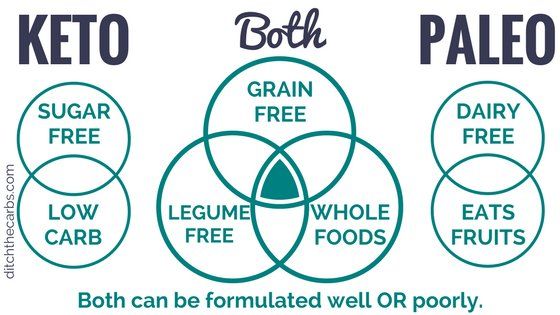The ketogenic diet, a nutritional regimen celebrated for its low-carbohydrate, high-fat profile, has carved out a significant niche in the realms of weight management, diabetes control, and even epilepsy treatment. Its promise of rapid fat loss and improved metabolic health has captivated millions, fostering a fervent following across North America and Europe. Yet, beneath the surface of this dietary phenomenon, new scientific inquiry is unearthing a critical, often overlooked, dimension: the profound impact of biological sex on how our bodies respond to this restrictive approach.
The Science Unveiled: A Tale of Two Sexes
A recent study from the University of Texas has cast a surprising light on the keto diet, suggesting that its effects are far from universal. Researchers, delving into the cellular responses of laboratory mice, discovered a stark difference in how male and female subjects fared on the ketogenic regimen. Male mice, seemingly robust on paper, exhibited a troubling accumulation of senescent cells—often referred to as `zombie cells`—which are characterized by markers of aging and dysfunction. Alongside this, they showed elevated levels of oxidative stress, a biological imbalance contributing to cellular damage and age-related decline.
Intriguingly, their female counterparts, subjected to the exact same diet, presented no such detrimental effects. Their cells remained resilient, untroubled by the cellular aging or oxidative stress seen in the males. This marked disparity points to a fundamental difference in how male and female physiologies process and adapt to a high-fat, low-carb environment.
Estrogen: The Unexpected Shield
The research team, led by David Geius, honed in on a key suspect for this gender-specific protection: estrogen. This primary female sex hormone, already known for its diverse roles in the body, appeared to act as a cellular guardian against the keto diet`s harsher effects. To test this hypothesis, the scientists conducted a series of elegant experiments.
- When male mice on the keto diet were administered estrogen, their cellular landscape transformed. The tell-tale signs of oxidative stress and senescent cell accumulation simply vanished, bringing their cellular health in line with that of the female mice.
- Further bolstering this finding, similar protective effects were observed when male mice received common antioxidants, mimicking the inherent defense estrogen seemed to provide.
- The final piece of the puzzle came from a reverse experiment: female mice, whose estrogen activity was blocked by a drug called tamoxifen while on the keto diet, began to exhibit the same negative consequences—oxidative stress and cellular aging—that plagued their male counterparts.
“These results convincingly indicate that estrogen is a crucial variable in the body`s response to the ketogenic diet,” Geius affirmed, effectively turning the `one diet for all` narrative on its head.
Beyond Keto: A Broader Dietary Principle
The implications of this research extend beyond the ketogenic diet itself. The study noted that a high-fat diet with a higher carbohydrate content (not strictly ketogenic) also induced cellular aging in male mice but not in females. This suggests that estrogen`s protective role might be a broader biological mechanism, shielding females from the inflammatory and aging effects of various high-fat dietary patterns, not just those strictly defined as `keto.`
Implications for Your Plate: Towards Personalized Nutrition
These findings carry significant weight for anyone considering or currently following a ketogenic diet. They underscore the critical need to move beyond generic dietary advice and embrace a more personalized approach that considers an individual`s unique biological makeup, particularly their sex and hormonal status. It appears the ancient wisdom of `one size fits all` diets might be as outdated as dial-up internet, especially when hormones are in play.
- For men, the research suggests a potential increased risk of cellular aging and oxidative stress on a long-term ketogenic diet. Incorporating antioxidants into the diet or exploring other protective measures might be prudent, in consultation with healthcare professionals.
- For women in post-menopause, where estrogen levels naturally decline, the protective shield might be significantly weakened. This group could potentially face similar risks to men, necessitating careful monitoring and tailored dietary strategies, possibly even hormonal considerations.
This isn`t to say the ketogenic diet is inherently `bad` for men, or for post-menopausal women. Rather, it highlights the nuanced reality that biological sex profoundly influences metabolic responses, demanding a more informed and cautious approach.
Looking Ahead: The Future of Dietary Guidance
While this study was conducted on mice, its compelling results lay a foundational stone for future human research. The journey towards truly personalized nutrition is ongoing, and discoveries like these are vital stepping stones. Understanding our unique biological blueprints, including the often-underestimated role of hormones, is paramount for unlocking optimal health and making truly effective dietary choices. For now, it serves as a powerful reminder that when it comes to diet, what works for one person may not work, or even be advisable, for another.









